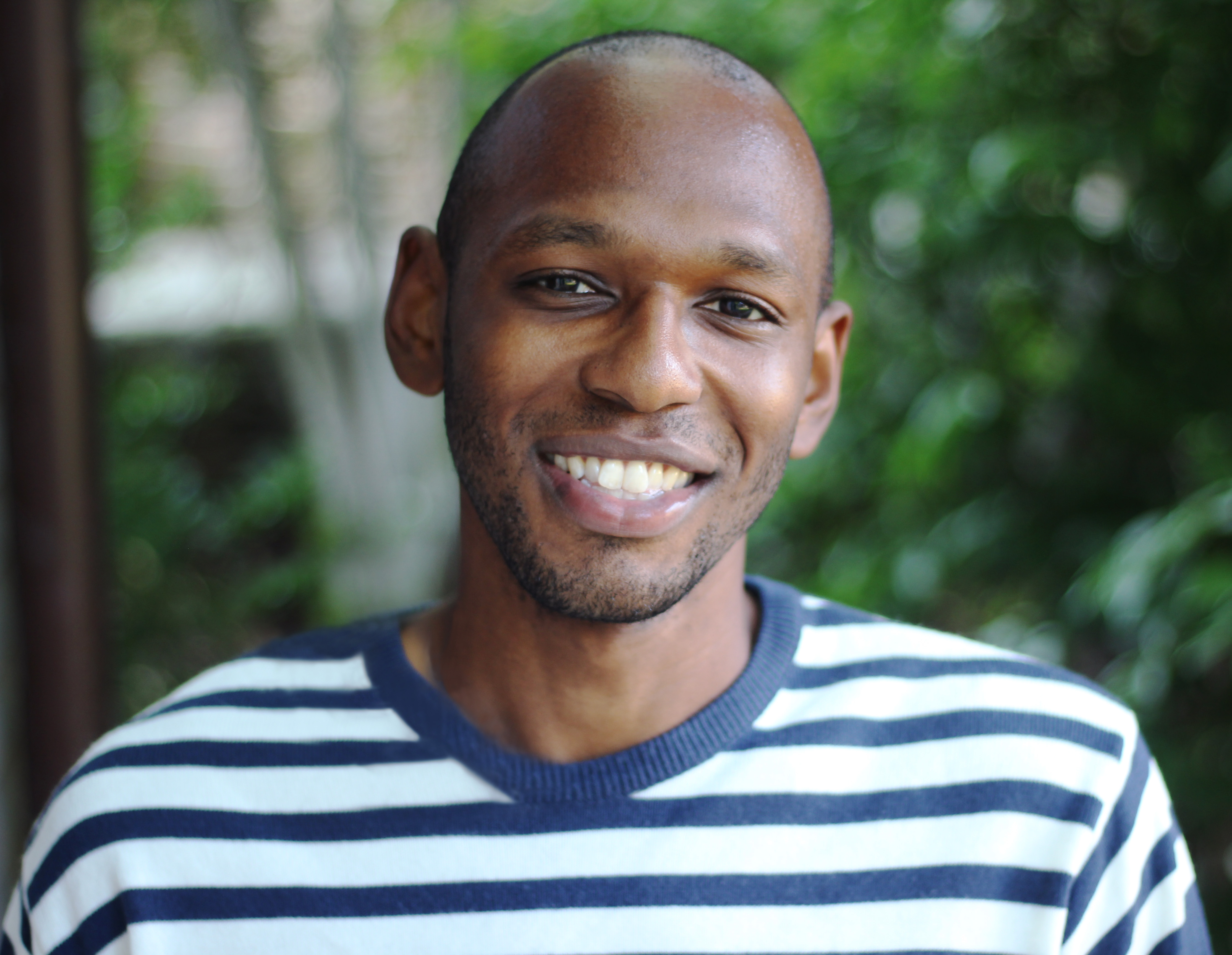Field Brown

Name:
Donald “Field” Kizza-Brown
MSU Degree:
B.A. in English and Philosophy, 2014
Any other degrees:
M.A. in History, University of Oxford, 2016
Ph.D. in English, Harvard University, 2022
Favorite memories of being an undergraduate English major:
In my work as a Roadrunner, I gave tours to prospective students. It was my favorite extracurricular. And office hours! I loved talking to my professors about their research and appreciated their generosity towards my naive questions. I learned as much in office hours as I did in class.
Current Position:
Postdoctoral Fellow
Organization:
Brown University
When you graduated with a degree in English from MSU, what were your plans for your future? Has your career path mostly realized those early plans, or have you discovered new plans and goals along the way?
I planned on becoming an English professor. My plan is still that. I have obtained my Ph.D., and I will be applying for jobs this year following my postdoctoral fellowship. MSU provided me with the foundation, and I have stayed the course ever since.
What is your current occupation, and what does your work mostly consist of?
As a postdoctoral fellow, I teach classes and conduct research for my future books on Black Southern literature. “Postdocs,” as they are informally called, are not as common in the humanities as they are in the sciences, and the roles can vary quite drastically given the institution. They are available to scholars who have just graduated with their PhDs. My position is very generous because I only teach one course all year, so I have one semester of no teaching and one semester with just one course, which means I am getting paid handsomely to primarily conduct archival research and literary analyses on books of my choosing. Postdocs normally last from one to three years long.
Which skills that you learned as an English major do you use most in your job?
As an aspiring English professor, my training at MSU—learning close-reading, theory and methods, etc.—was truly the foundation of everything I do.
What additional skills did you need to learn in order to do your job, and how did you learn them?
I wouldn’t say I learned additional skills after graduating from MSU; I just needed more experience, which led to more maturity. I did not have much experience in the archives, for example, until my last year as a PhD student at Harvard. Now, I relish the archives; they are the foundation of my research.
Are there common misconceptions about your career field, which current English majors might share, that you have learned the truth about?
I loved reading and discussing books as an undergrad, and I thought becoming a professor would perfectly align with that desire. I now understand that while reading and discussing books is a major part of being a professor, there are many more administrative duties that come along with it. Balancing one’s passion for literature can be difficult as one gets older—and perhaps one starts a family—on top of all the other duties one has to fulfill as an employee of a university.
In what ways does your career enrich your life and help you to achieve your personal as well as your professional goals?
Despite the many administrative duties, I still believe no other profession provides time and space for the life of the mind. As a creative artist at my core, I find the life of a professor to be very enriching.
What advice do you have for undergraduate English majors right now who might want to follow the career path you did?
Go to office hours as much as possible and explore the archives at MSU. I regret that I never got to know the librarians at MSU until after I had graduated and returned to do archival research. The plethora of material that could enrich one’s journey toward becoming a professor is plenty. You’ll never have more free time than you do now, though you may think you are extremely busy now.
[Updated September 2024]